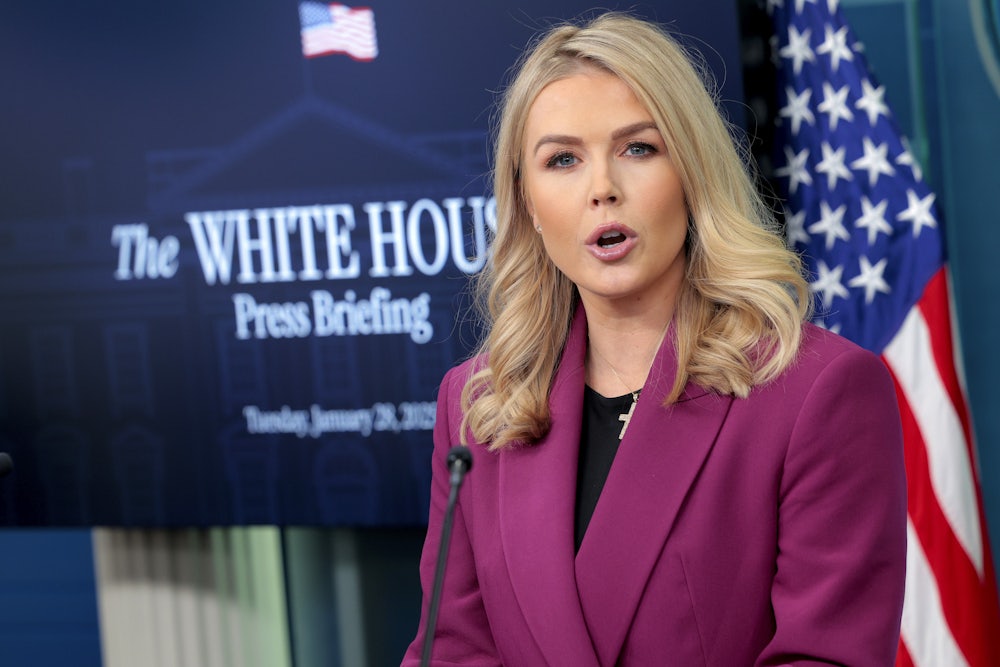The Growing Tensions: Iran, Nuclear Weapons, and Global Diplomacy
The issue of Iran’s nuclear ambitions has long been a topic of international concern, with various countries weighing in on how best to handle Tehran’s nuclear program. Recently, former President Donald Trump’s comments on the matter have reignited debates over how the U.S. should approach its dealings with Iran, particularly regarding the possibility of Iran acquiring nuclear weapons.

Trump has been vocal in his stance, emphasizing that Iran must be prevented from obtaining a nuclear weapon at all costs. In his remarks, he suggested that a nuclear-capable Iran would pose a significant threat, not only to the region but to the world as a whole. “If they have a nuclear weapon, you’ll all be very unhappy. Your life will be in great danger,” Trump warned, underscoring the global security risks associated with such an outcome.
One of the most contentious points of discussion has been whether Iran should be allowed to maintain any form of nuclear program. While Trump firmly believes that Iran must not be permitted to acquire a nuclear weapon, the larger question remains whether Iran should be allowed to continue its civil nuclear program for energy purposes. He argued that while he is open to Iran being “great and prosperous,” such prosperity cannot come at the expense of nuclear weapons capabilities.
A History of Sanctions and Diplomatic Pressure
Trump’s administration took a hardline approach when it came to Iran, reimposing severe sanctions that had been lifted under the Obama-era nuclear deal, known as the Joint Comprehensive Plan of Action (JCPOA). These sanctions had a dramatic effect on Iran’s economy, leading to a severe lack of funding for organizations like Hamas and Hezbollah, which rely on external financial support for their operations. According to Trump, during this period of sanctions, Iran was “broke” and unable to fund these terrorist organizations.

However, when President Joe Biden took office, he sought to re-engage with Iran and returned to diplomatic negotiations, lifting some of the sanctions in an effort to revive the nuclear deal. This decision has been met with criticism from those who believe it gives Iran too much leeway to continue its nuclear program without sufficient restrictions. Trump has argued that Biden’s policies have emboldened Iran, allowing them to regain financial power and potentially resume their support for groups with ties to terrorism.
One of the key points of contention revolves around the role of China in the situation. Trump made it clear that his administration had taken a hard stance against any nation buying oil from Iran, particularly China, which had become one of Iran’s largest customers. “You buy one barrel of oil from Iran, and you can’t do business in the United States,” Trump stated. This aggressive stance on oil trade was part of a broader strategy to isolate Iran economically and limit its ability to fund its nuclear program and other destabilizing activities.
The Broader Implications of Iran’s Nuclear Capabilities
The implications of Iran acquiring a nuclear weapon extend far beyond just the Middle East. A nuclear-capable Iran could shift the balance of power in the region, potentially triggering a nuclear arms race among neighboring countries such as Saudi Arabia, Turkey, and Egypt. It could also dramatically increase tensions between the U.S. and its allies, particularly Israel, which has long been a vocal opponent of Iran’s nuclear ambitions.

Additionally, Iran’s nuclear development could pose a direct threat to the global non-proliferation regime, which seeks to prevent the spread of nuclear weapons to other countries. If Iran were to successfully develop nuclear weapons, it could encourage other nations with regional ambitions to pursue similar programs, further destabilizing global security.
The Path Forward: Diplomacy, Sanctions, or Military Action?
As the debate over how best to prevent Iran from acquiring a nuclear weapon continues, the international community remains divided on the most effective approach. Diplomacy remains the preferred route for many, but the failure of past negotiations, including the JCPOA, has left many skeptical of its efficacy. Sanctions, while economically damaging, may not be enough to force Iran to abandon its nuclear ambitions, especially if it continues to receive support from countries like China and Russia.
In the face of these challenges, the question remains whether more aggressive measures, such as military action, should be considered to halt Iran’s nuclear program. While military strikes are often seen as a last resort, some believe that without a credible threat of force, Iran may never be fully deterred from pursuing nuclear weapons.
Ultimately, the future of Iran’s nuclear program is tied to a complex web of geopolitical interests, including U.S. relations with China, Russia, and Israel, as well as the broader dynamics of the Middle East. As tensions continue to rise, the international community must grapple with how best to ensure that Iran does not acquire nuclear weapons, while also maintaining stability and peace in the region. The road ahead will likely be fraught with diplomatic hurdles, but it is clear that the consequences of inaction could be dire for the entire world.